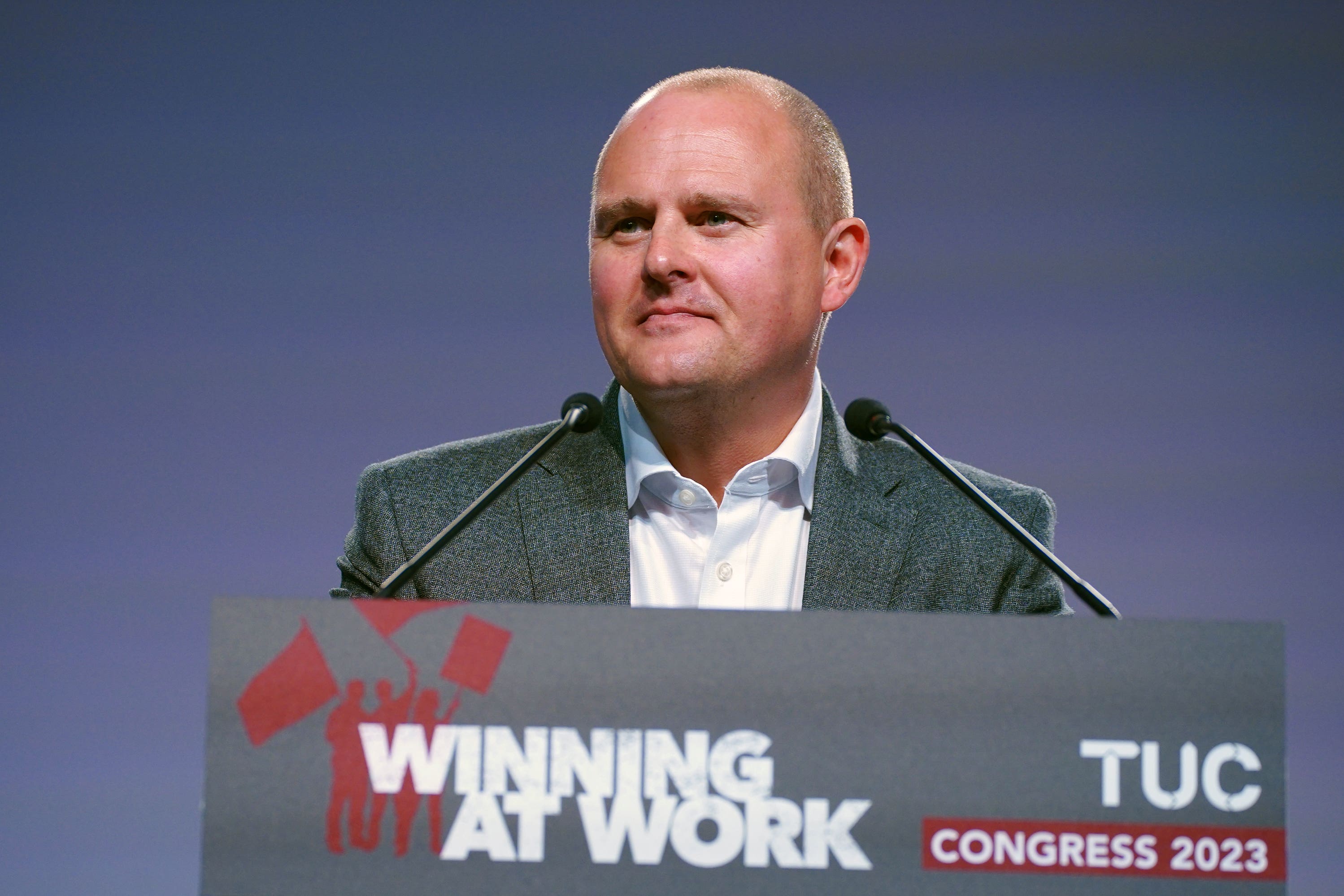ARTICLE AD BOX
Rachel Reeves is facing another major warning over her hopes to spark economic growth as the organisation which represents Britain’s retailers lashed out at the impact of Labour’s Employment Rights Bill.
According to a survey by the British Retail Consortium, more than half of retail HR directors say the Employment Rights Bill will reduce hiring and job flexibility.
And 70 per cent claim the bill will have a negative impact on their businesses.
The row comes as the House of Lords debates the bill on Tuesday.
The chancellor has found herself under siege over a flatlining economy, with overnight warnings from business groups and major think tanks on the government’s policies and its record after nine months in office.

With anger over hikes to national insurance and cuts to welfare payments for the disabled as well as winter fuel payments for 10 million pensioners, Ms Reeves has found herself with a near impossible task.
Added to that, the chancellor spent most of last week in Washington DC trying to improve relations with the US and get a trade deal with Donald Trump while talking up the UK economy to investors.
There will be hope that the arrival of the EU’s trade negotiator, commissioner Maroš Šefčovič, for Brexit reset talks will help spark a turnaround when a deal is announced on 19 May.
But despite also promising massive planning reforms to spur a building bonanza, Ms Reeves is facing an onslaught over the impact of her policies so far.
Leading the way, the Confederation of British Industry (CBI) has warned that private sector firms once again expect activity to fall in the three months to July (weighted balance of -21%).
According to the CBI’s latest Growth Indicator Survey, business volumes in the services sector are anticipated to decline (-26 per cent), with expectations at their weakest since November 2022.
The anticipated fall is driven by predictions of declines in both business and professional services (-22 per cent – also the weakest since November 2022) and consumer services (-41 per cent) volumes.
Distribution sales are also expected to fall markedly in the three months to July (-23 per cent), but manufacturers anticipate output to fall only slightly (-5 per cent).
Alpesh Paleja, deputy chief economist at the CBI, warned: “Global volatility is another drag on business sentiment, already hit by the rise in National Insurance Contributions and the National Living Wage, and continued concern over the Employment Rights Bill.”

The employment rights legislation was also picked up by the BRC in its survey.
Helen Dickinson, chief executive at the BRC, said: “Those in charge of retail hiring are clear – unless amended, the bill will make it even harder to keep and create jobs and reduce the flexibility that defines many existing retail roles.”
But heaping on the pressure, Labour’s traditional backers, the trade unions, have made it clear that there must be no backing down or dilution of the promised legislation.
TUC general secretary Paul Nowak said: “Stronger workers’ rights means a happier, healthier and more productive workforce.
“The government has been at pains to engage unions and employers – large and small – in designing these new reforms.
“Most businesses already do the right thing, and this will level the playing field for those good employers.”
Meanwhile, a report from the Resolution Foundation has suggested that the government should focus spending from its “limited pot” in areas such as health and housing if it wants to increase living standards.
The analysis by the think tank also urges ministers to examine investment at June’s spending review in the prisons system and public transport, but describes them as “secondary priorities”.
The Treasury is currently undertaking the review, which will set the budgets for government departments for the next three years in terms of day-to-day spending.
The process will set the budgets for so-called unprotected departments, including local government, justice, transport and culture. Protected departments include defence, the NHS (health), and schools as part of the education envelope.
“The chancellor must now decide how to allocate a limited pot of capital spending in a way that both addresses the UK’s legacy of frayed infrastructure and supports future ambitions for growth and higher living standards,” the report stated.
At the budget in October 2024, Ms Reeves announced more money for capital spending, but also said that there would be “four key guardrails” introduced to ensure good value for money.
“Ultimately, if the government wants to avoid dramatic cuts to departmental budgets, then it will likely have around £20-50bn of capital spending to allocate over the next five years,” the Resolution Foundation report said.
Rachel Reeves told the BBC in March that “we can’t just carry on like we have been, spending on the same things that the previous government spent on”.
The Treasury and Department for Business and Trade have been contacted for comment.









 English (US) ·
English (US) ·